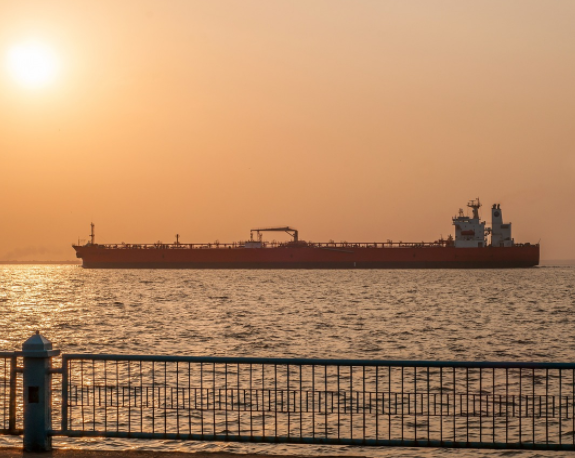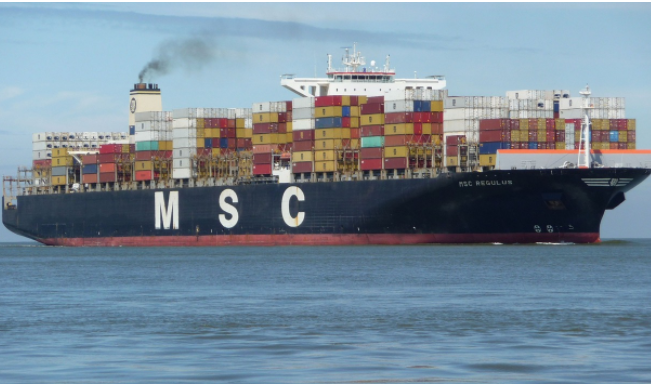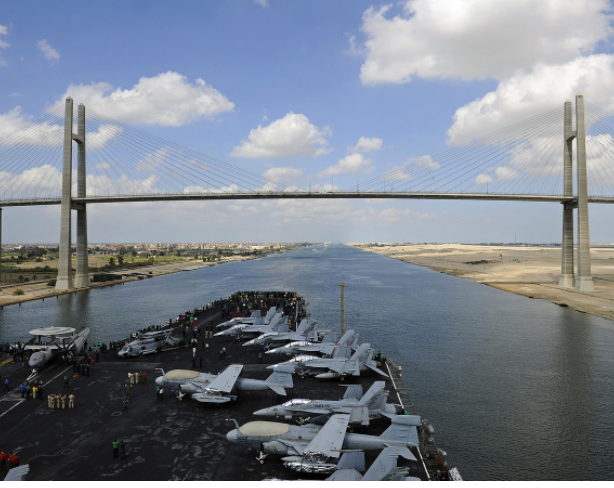According to CCTV News on May 28th, Yehya Sareya, a spokesperson for the Yemeni Hussai armed forces, stated on May 27th local time that the Hussai armed forces launched drone attacks on two destroyers deployed by the US Navy in the Red Sea and accurately hit their targets.
In addition, Sareya also claimed that the Housai armed forces recently attacked three cargo ships traveling in the Indian Ocean and Red Sea with missiles.

According to reports, on May 27th local time, Yehya Sareya, spokesperson for the Yemeni Husai armed group, announced that the group had launched an attack on three ships that day.
The names and reasons of the three attacked ships:
·The ship is the LAREGO DESERT * sailing in the Indian Ocean, and the Houser armed forces claim that the ship is related to the United States;
·The second vessel is the MSC MECHELA, which is sailing in the Indian Ocean. The Houser militants claimed that the vessel is related to Israel;
·The third vessel is the "MineRVA LISA" sailing in the Red Sea, and the Houser militants claimed that the vessel violated their ban and went to Israeli ports.
Sarea did not disclose the specific timing of these attacks. He stated that until Israel stops its military operations in the Gaza Strip, the Hussai armed forces will not stop attacking American and British warships and some shipping routes.

It is worth noting that the Husai armed forces have claimed to have attacked six merchant ships within four days. On May 24th, Yehya Sareya, a spokesperson for the Yemeni Husai armed forces, stated that on that day, the armed forces attacked the MSC container ship "MSC ALEXANDRA" in the Arabian Sea; Attacked the bulk cargo ship YANNIS in the Red Sea and the liquefied petroleum gas (LPG) ship ESSEX in the Mediterranean.
At present, the Red Sea attack has intensified and the risk area is also expanding. The Red Sea crisis has been ongoing for six months now, and the route is still largely interrupted. It is understood that approximately 12% of global cargo transportation passes through the Eurasian water channel composed of the Red Sea and the Suez Canal. For the global energy and material supply chain, the Red Sea route can be considered a lifeline.

The Chairman of the Suez Canal Authority, Rabie, recently stated that since November 2023, the escalating tensions in the Red Sea region have forced nearly 3400 ships to change their routes and sail towards the Cape of Good Hope in South Africa, without entering the Suez Canal.
Although detouring the Cape of Good Hope resulted in an increase of approximately 11000 kilometers in sailing distance, an extension of 12 to 14 days in sailing time, and an increase of about 40% in fuel costs, several shipping giants have changed their routes to avoid war losses.
Currently, the Red Sea crisis remains the main challenge facing the shipping market. Due to the difficulty in easing the situation in the Red Sea to date, shipping companies are expected to divert their routes to Africa until at least the second half of this year. Before geopolitical risks decrease, high demand means that shipping prices may remain high, and further increases are not ruled out. And in response to the increased uncertainty risks caused by the Red Sea crisis, some foreign trade enterprises have significantly increased their willingness to prepare containers.
Source: Souhang Network






